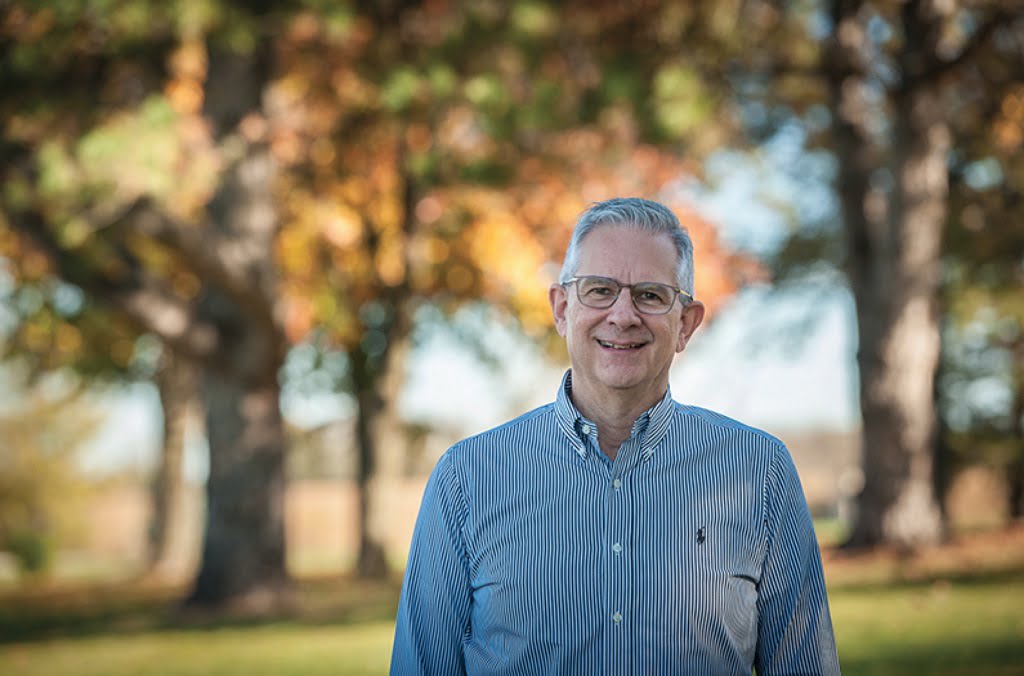
Tom Racunas is the lead consultant for the archdiocesan special-needs ministry. He can be reached by email at: tracunas@archkck.org.
by Tom Racunas
Have you seen the movie “Wonder”? It is, well, a wonderful movie.
(Spoiler alert!): The story is about a boy named Auggie (August) who has Treacher Collins syndrome.
After being home-schooled for six years, Auggie enters middle school and must learn to deal with isolation and bullying.
Most students avoid or ignore him. A few are downright cruel to him. However, Auggie emerges as a bright, funny and kind young man after two students release their own ego and begin a conversation with him.
That is all it took — someone reaching out, a conversation. They recognize Auggie’s gifts and become friends.
As people of faith, as missionary disciples, we have a responsibility to help each other facilitate opportunities for a relationship with Christ.
The “each other” is not just our immediate family or our friends. It is all of us. If we are truly a parish family, we are called to live this way.
We are called to recognize Christ in each other. We are called to recognize each other’s gifts. We are called to nurture relationships with each other in order to fully have a relationship with Christ. We are called to be a fully inclusive community.
What prevents us from answering the call? When the “each other” is a person with a disability, it is primarily fear — fear of the disability, fear of the unknown.
Just like with Auggie, most of us would never think of being cruel. But how easy it is to ignore or avoid and think, “Glad it’s not me.”
Many people with disabilities in our parishes are not like Auggie. Their disability often goes beyond the physical.
We have members of our community who are unable to communicate, present significant behavior problems and have cognitive disabilities that impact their ability to understand and interact. These challenges make seeing these individuals’ gifts difficult and demand a great deal of patience, flexibility, tolerance and compassion.
How can a parish become a fully inclusive community? Like with Auggie, it begins with a conversation.
Part of the “how” will be addressing the fears — identifying and appreciating that fears exist. Next, would be to become more informed about the needs of ALL parishioners and family members and identifying potential barriers to inclusion.
The “Pastoral Statement of the U.S. Catholic Bishops on Persons with Disabilities”in 1978 states: “Integration into the Christian community may require nothing more than issuing an invitation and pursuing it. For others, full participation can only come about if the church exerts itself to devise innovative programs and techniques” (14). It will take effort!
The National Catholic Partnership on Disability (www.ncpd.org) has information that expands this idea. Awareness programs, supports and resources are available by contacting the archdiocesan special-needs ministry office.

